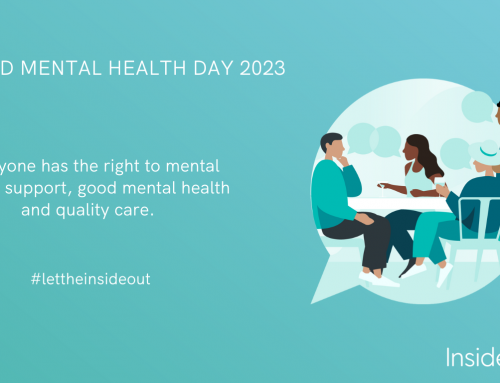As a manager one of the key skills you must master is the ability to listen. And by this, I mean truly listen. Listen attentively and intentionally. If you do, you will know that your working relationships improve as a result. Your team members will feel valued, that what they say matters to you and that you understand and respect them.
You could think that listening is an easy thing to do but it’s not. I’m not talking about hearing. That’s a passive, involuntary, effortless occurrence. I’m talking about focused, intentional listening, or active listening as it’s sometimes called.
Unfortunately, far too often when people talk to each other, they don’t listen attentively. They talk too much and don’t listen enough. They are often distracted, half listening, half thinking about something else, already composing their response in their mind. They listen to respond instead of listening to understand.
The skill of intentional listening involves suspending all judgement, quietening your mind and focusing on the other person. It involves you giving them your undivided attention to truly understand what they are saying.
Really great listeners don’t just listen to the words that are spoken. They listen for the feelings behind what the person is saying which allows them to really tune into what is going on for that person. They also do something even more clever. They listen for what’s not being said, noticing body language or other clues that signify there’s additional information that is yet to be uncovered. They allow the time for that information to be shared, often asking open-ended questions to encourage the speaker to elaborate further.
Great managers know that intentional listening is an important skill to have in their skill-set. They know that when you make the time to listen to your team, both their ideas and their concerns, you create an environment where mutual trust and respect grows and workplace relationships thrive.
So, are you a good listener?
Take a look at the questions below to see which ones you can honestly say “yes” to:-
Do you…
· spend more time listening than talking?
· let the speaker finish his or her own sentences?
· let the other person finish speaking before responding?
· look at and make eye contact with others when they are talking to you?
· allow the other person to speak and don’t dominate the conversation?
· hold your own biases in check?
· ask open-ended questions which invites the speaker to say more?
· focus on what is being said and not what one’s response will be to the speaker?
· listen out for what’s not being said as well?
If, on reflection, you think there is some room for improvement with your listening skills, try picking 1-2 of the behaviours above to practice more intentionally.
Author: Sian Milne, Life Coach at InsideOut






